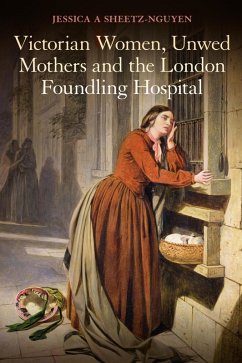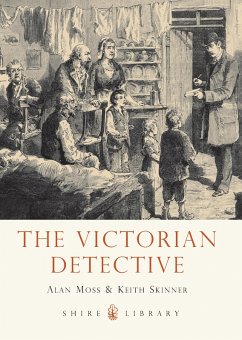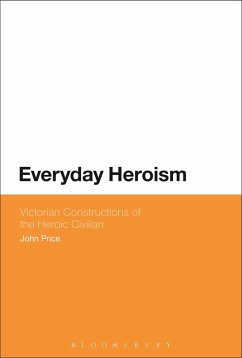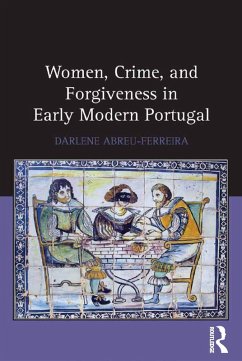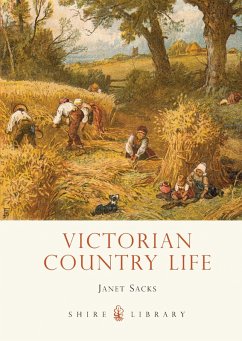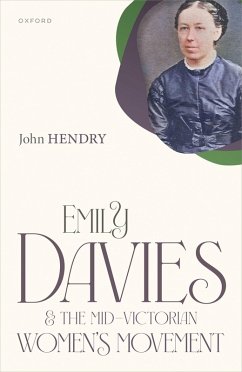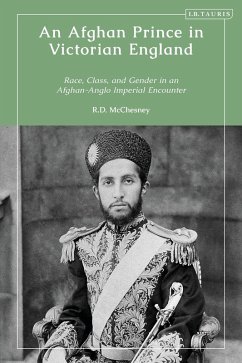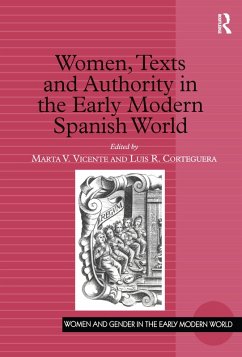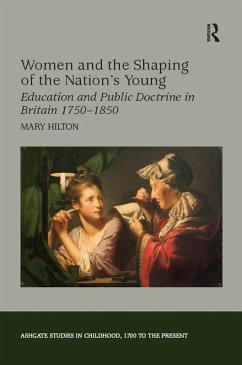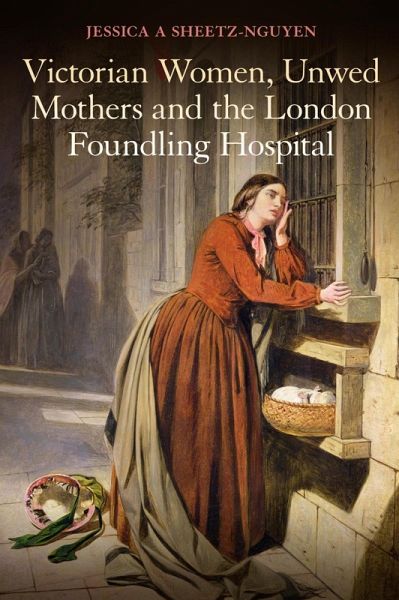
Victorian Women, Unwed Mothers and the London Foundling Hospital (eBook, PDF)
Versandkostenfrei!
Sofort per Download lieferbar
31,95 €
inkl. MwSt.
Weitere Ausgaben:

PAYBACK Punkte
16 °P sammeln!
This volume seeks to address the questions of poverty, charity, and public welfare, taking the nineteenth-century London Foundling Hospital as its focus. It delineates the social rules that constructed the gendered world of the Victorian age, and uses 'respectability' as a factor for analysis: the women who successfully petitioned the Foundling Hospital for admission of their infants were not East End prostitutes, but rather unmarried women, often domestic servants, determined to maintain social respectability. The administrators of the Foundling Hospital reviewed over two hundred petitions an...
This volume seeks to address the questions of poverty, charity, and public welfare, taking the nineteenth-century London Foundling Hospital as its focus. It delineates the social rules that constructed the gendered world of the Victorian age, and uses 'respectability' as a factor for analysis: the women who successfully petitioned the Foundling Hospital for admission of their infants were not East End prostitutes, but rather unmarried women, often domestic servants, determined to maintain social respectability. The administrators of the Foundling Hospital reviewed over two hundred petitions annually; deliberated on about one hundred cases; and accepted not more than 25 per cent of all cases. Using primary material from the Foundling Hospital's extensive archives, this study moves methodically from the broad social and geographical context of London and the Foundling Hospital itself, to the micro-historical case data of individual mothers and infants.




